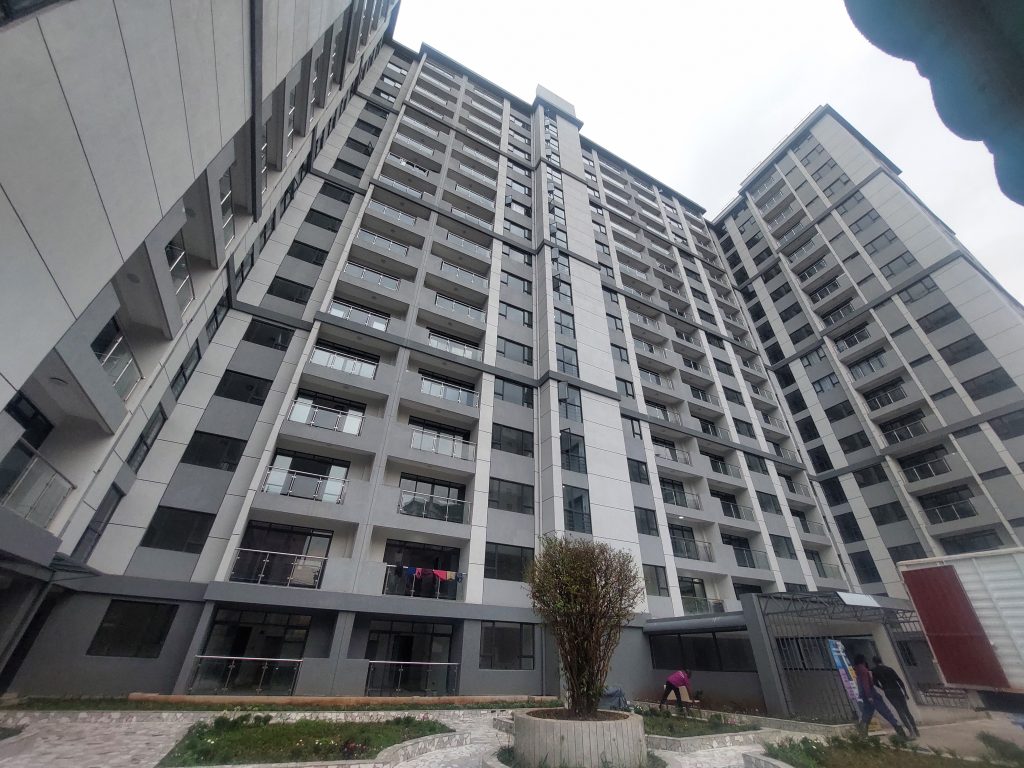
How Often Can a Landlord Increase Rent in Kenya? (2025 Tenant Guide)
Rent Increase can significantly impact your budget, so it’s important to know your rights as a tenant in Kenya. Unlike some countries with strict rent control laws, Kenya’s rental market operates mostly on contractual agreements between landlords and tenants. Here’s what you need to know about rent increases, legal protections, and how to handle unreasonable hikes.
1. Rent Increase Rules Under Kenyan Law
Kenya does not have nationwide rent control laws, meaning landlords can increase rent as long as they follow the terms of the tenancy agreement. Key factors include:
Fixed-Term Lease Agreements
If you have a fixed-term lease (e.g., 1 or 2 years), your rent cannot be increased before the lease expires unless:
The contract includes a rent adjustment clause (e.g., annual increases tied to inflation).
Both parties agree to a change in writing.
Month-to-Month Tenancy
If you’re on a monthly tenancy, landlords can increase rent with proper notice (usually one month).
The increase must be reasonable—excessive hikes without justification could be disputed.

2. How Much Notice Must a Landlord Give?
Kenyan law does not specify a strict notice period, but 30 days is the standard practice.
The notice must be in writing (verbal increases are not legally binding).
If you refuse the increase, the landlord may choose not to renew your lease.
3. Can a Landlord Increase Rent Suddenly or Excessively?
No fixed legal cap exists, but increases should be justified (e.g., rising property taxes, maintenance costs, or market rates).
If a rent hike seems unfair or discriminatory, you can:
Negotiate with the landlord.
Check your lease for any agreed-upon terms.
Seek legal advice from the Kenya Property Owners Association (KPOA) or a tenants’ rights group.

4. What If You Can’t Afford the Increase?
Try negotiating—offer to sign a longer lease in exchange for a smaller increase.
Check comparable rents in your area—if the hike is way above market rates, use this in discussions.
Move out if necessary—if the increase is unreasonable, you may need to give proper notice and find alternative housing.
5. Are There Any Upcoming Rent Control Laws in Kenya?
Currently, Kenya has no rent control policies, but tenant advocacy groups occasionally push for regulations.
Always stay updated on housing laws through official sources like the Ministry of Lands and Housing.
Final Advice for Tenants
Always sign a written lease with clear terms on rent increases.
Keep records of all rent payments and communications with the landlord.
Know your rights—while landlords can increase rent, they must follow the lease agreement and give reasonable notice.
Check out other insightful articles here:



